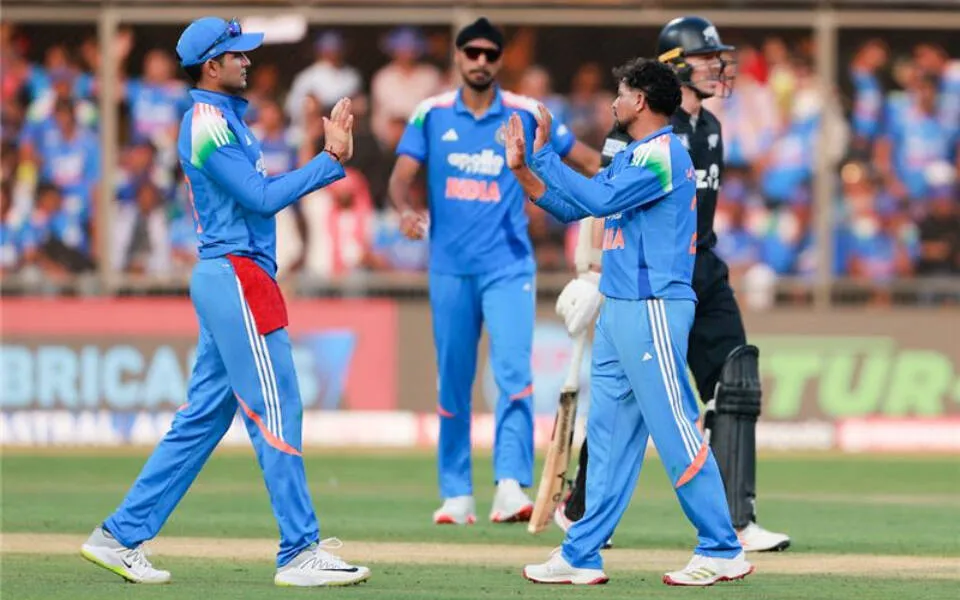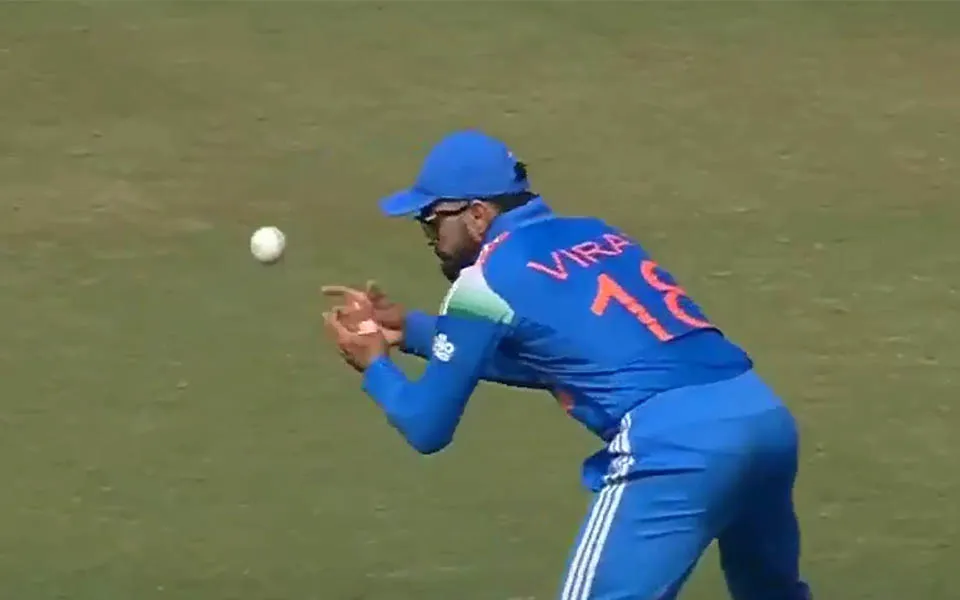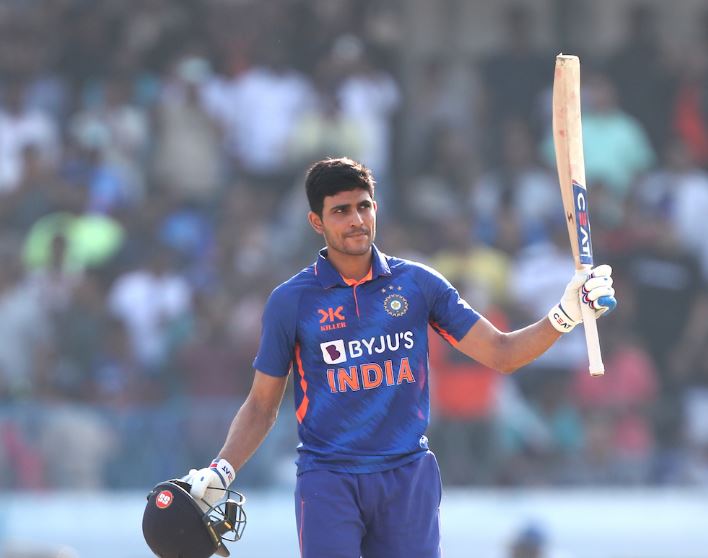During the first one-day international match between India and New Zealand, which took place on Wednesday in Hyderabad, Shubman Gill scored his first ever double century off of just 145 balls.
His innings was studded with 19 boundaries and eight enormous sixes, and he became only the fifth Indian batsman in the history of the sport to ever accomplish this accomplishment.
In the past, Sachin Tendulkar, Virender Sehwag, Rohit Sharma, and Ishan Kishan have all been successful in accomplishing this feat. He also broke the record for the youngest player to score a double century in one-day international cricket, which had previously been held by Kishan.
The young player played exceptionally well and appeared to have the upper hand against the bowlers from New Zealand. His performance was nearly flawless.
Although Rohit was dismissed, Shubman Gill continued without any discomfort on the field which bounced evenly despite the fact that he had stitched together a solid 50-run partnership with Rohit for the opening wicket.
Even after India lost Virat Kohli and Ishan Kishan in consecutive wickets, the right-hander kept playing his shots with confidence.
Gill was able to attain his third one-day international century, and in doing so, he also became the fastest Indian cricketer to score 1000 runs in one-day internationals, overtaking the likes of Virat Kohli and Shikhar Dhawan along the way.
When he moved above the 100-run barrier, things got simpler for him in terms of run scoring, and he continued to take on practically all of the bowlers.
He was successful in reaching his 150 in 122 balls, and despite the fact that he was continuing to lose partners at the other end, Gill decided to maintain an aggressive position, which proved to be an essential factor in India reaching a score greater than 300.
It was a remarkable moment when he hit Lockie Ferguson for three sixes in a row with two overs left in the innings. This brought him up to a historic double century.
In the history of one-day international cricket, this was the highest score ever recorded against New Zealand. He surpassed the previous record held by India’s legendary Sachin Tendulkar, who had scored 186 in Nagpur.




![[WATCH] IND vs NZ 2026: Virat Kohli gifts signed jersey to Daryl Mitchell after third ODI 5 [WATCH] IND vs NZ 2026: Virat Kohli gifts signed jersey to Daryl Mitchell after third ODI](https://cricketmood.com/wp-content/uploads/2026/01/Kohli-Mitchell.jpg)
